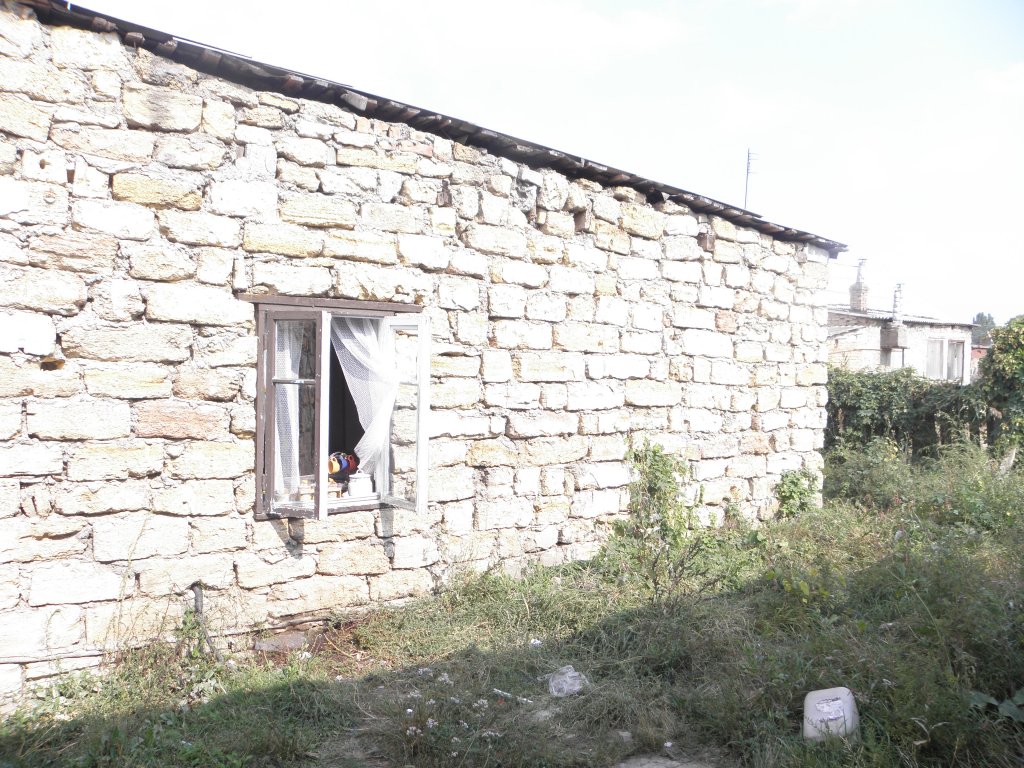Empowering Roma communities: progress in Odesa
12 January 2015
After having worked 5 years at the ERRC as a lawyer, I cannot help but ask myself a question: why, despite all of our efforts, activities, projects, carried out by ourselves or jointly with other NGOs, authorities, activists, governments, is there still such little progress when it comes to eliminating the main problems faced by Roma in Europe today? Why is there such little progress in education, housing, and access to social services; in not being subjected to violence or hate speech, and in short just enjoying basic human rights the same way everyone does?
 It is true that a lot depends on the attitude of the majority and a big part of our role is overcoming inherent bias and prejudice among non-Roma towards Roma, be it conscious or unconscious. That is a formidable challenge and it is probable that several decades will pass before we witness a substantial change in majority attitudes towards Roma minorities. We will continue working in this direction. However, as more time passes by, I have become convinced that we also need to intensify our efforts in the direction of community organizing among Roma.
It is true that a lot depends on the attitude of the majority and a big part of our role is overcoming inherent bias and prejudice among non-Roma towards Roma, be it conscious or unconscious. That is a formidable challenge and it is probable that several decades will pass before we witness a substantial change in majority attitudes towards Roma minorities. We will continue working in this direction. However, as more time passes by, I have become convinced that we also need to intensify our efforts in the direction of community organizing among Roma.
In our everyday work we are trying to change situation for Roma in Europe, but often Roma communities themselves are not involved in this process. It is true that we are working with Roma NGOs, Roma leaders and Roma representatives, but my firm belief is that unless we manage to involve the communities in the process in ten years we will still be asking ourselves: why so little progress?
It is no easy task. The Roma minority is a vulnerable one, disadvantaged from the very outset by segregation and oppression. However, practical examples from my work have showed me that if Roma communities are behind the process of bringing about change, things start working differently and better. What do I mean? It is as simple as this: Roma must be more than mere beneficiaries of whatever activities or projects are implemented. Roma must be active participants and change-makers if we desire the kind of outcomes that make a lasting difference to people’s lives.
At the ERRC, I hope we have managed to hit the starting point as we try to bring together two things: community organising and providing help to Roma in the form of litigation, advocacy, research and human rights education. Since 2012 the ERRC has implemented a paralegal project in several communities in Odesa, Ukraine. We started this project as a pilot, having in the back of our minds this very thought – that without mobilised Roma communities, without the community organizing and taking an active part in trying to resolve the problems, it would be much more complicated to achieve effective change. Easier said than done. A certain set of skills and knowledge is required for communities to mobilise, coordinate and unite in their efforts to address common problems, and we are all very well aware of the vulnerability, difficulties and the extent of problems Roma have to deal in their everyday life because of the oppression they face.
We had no right to expect that the process would be easy and bring fruitful outcomes immediately. It was not easy to convince people to take a new standpoint and view themselves not as victims (which would be reasonable for anyone living in such deep discrimination and segregation), but rather as equals, skilled and active participants in the process of securing justice. Step by step, little by little it worked: we had Roma community paralegals, who before we started had little faith that they could influence anything (let alone the justice system) and be a part of the process of change in their lives. Now, they feel more confident day by day that they can help their own communities. They have helped themselves and fellow Roma secure passports, identity documents and birth certificates, and they have a sophisticated understanding of the problems facing those for whom they cannot easily secure those documents. While for most of us the idea of having identity documents is banal, for people born decades ago who have never had a birth certificate, getting one is a first step to feeling that they have rights and the power to assert them. And this is just the beginning, for the communities to see their own people standing up for themselves is a trigger, a push, and a motivation to join the process and to become part of it.
Being backed up by NGOs, activists or any other professional in this process means a lot. However, there is a crucial difference about this work: it is a shared process where people feel empowered, and have shared responsibility for any failures as well as well-deserved credit and a sense of ownership for any successes. This community-based approach of developing the capacity of the Roma communities to become effective and equal participants in the process is the only way we can reach our goals. More community organizing means that in five years’ time, things will be much better for Roma.




